- Toll free in India: 1800 123 4444
- Student Helpline No. +91-7065 000 555
- E-mail: info@nwesedu.com
- Online Payment

Mari State University was founded by the Russian Federation's Ministry of Science and Higher Education in 1972 as a non-profit, public institution of higher learning.
The institution has actively participated in both the Volga Region Association of Classical Universities and the Russian Association of Classical Universities. The Association of Finno-Ugric Universities was founded by Mari State University and other institutions. Currently, the university supports practices in 55 areas, 3 specialties, and educational practices through 570 lectures, 3000 doctors and professors, approximately 1200 science candidates, and associate professors for approximately 9000 students who are enrolled in the university.
They have a place to study in one of the seven educational buildings, and the university has about eight residence halls that can house close to 3000 students.
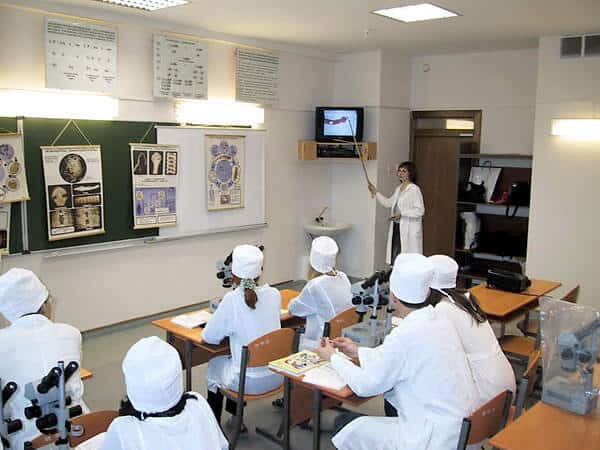
The study of medicine in Russia is a highly regarded option for students from many nationsEspecially for students of Indian origin. In the classrooms and laboratories at Mari State University, highly recommended pedagogical techniques are used. Additionally, the university's medical curriculum supports students' overall development as well as their academic growth. For all students seeking medical education worldwide, medical study at the university is very affordable. One of the main advantages for students attending the university is the affordable cost of living in the city.
After completing the 5 years 8 months of study and practice, The medical degree is awarded to students.

Mari State University is Nationally and internationally accredited by the Educational Commission for Foreign Medical Graduates (ECFMG) and its subsidiary Foundation for Advancement of International Medical Education and Research (FAIMER), the World Federation for Medical Education (WFME), which is in charge of accrediting according to American standards, and the World Directory of Medical Schools (WDOMS), which represents its global recognition.
There are still more accolades on the list of global recognition. The Mari State University's hard-earned degree is recognized by the medical councils of many nations, including Australia, Canada, Nepal, and India, making it valid for most of the world. The Russian Ministry of Health has accredited the university locally.

World Class Facilities
CLASSROOMS & LABORATORIES:
The English-medium classrooms make sure that the ideal student-to-teacher ratio is maintained.
The learning is entirely student-centered and places more emphasis on the results than on the goals. In order to give students a real-world experience and better prepare them to apply their newly acquired knowledge, the laboratories are also equipped with the most advanced technologies, including the tools for stimulatory teachings.

The library was founded in 1988 and is a member of the International Scientific and Technological Russian Libraries Association, the Inter-regional Business Libraries Association, and the Methodological Library Center of Higher and Secondary Professional Educational Establishment of Republic Mari EI (1997). For the benefit of the international students, it has about 17,000 resource books in English that are also accessible online.
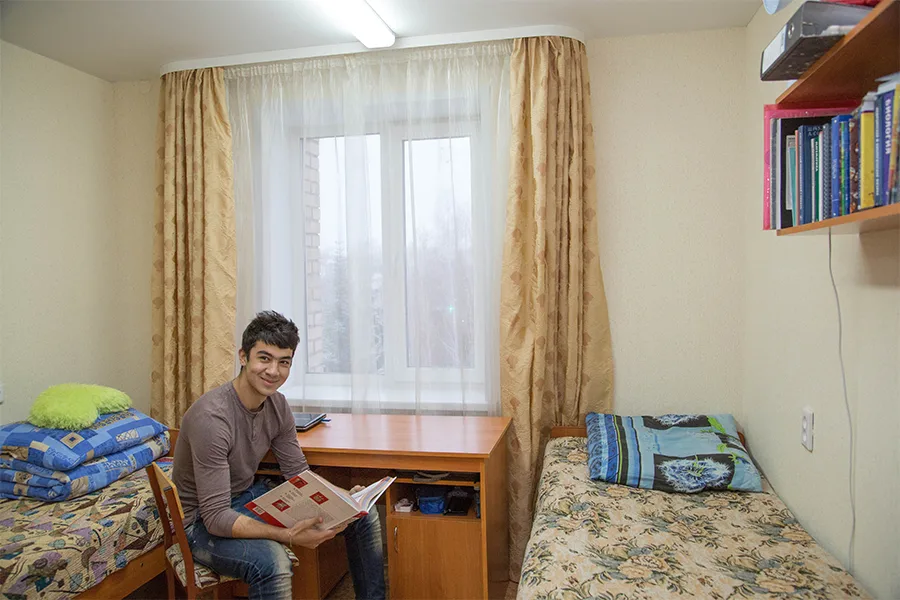
For the comfort of its international students, MarSU provides housing options in its residence halls. The university has 8 dorms, with 6 or 8 people able to fit in each room. Beds, desks, chairs, lamps, and bookcases are available in these rooms. Rooms have a shared bathroom, toilet and kitchen. The university offers students living on campus complete security. For the students' safety and security, there are a variety of measures available, including electronic access to hostels, security guards at all necessary checkpoints, and 24-hour CCTV coverage.
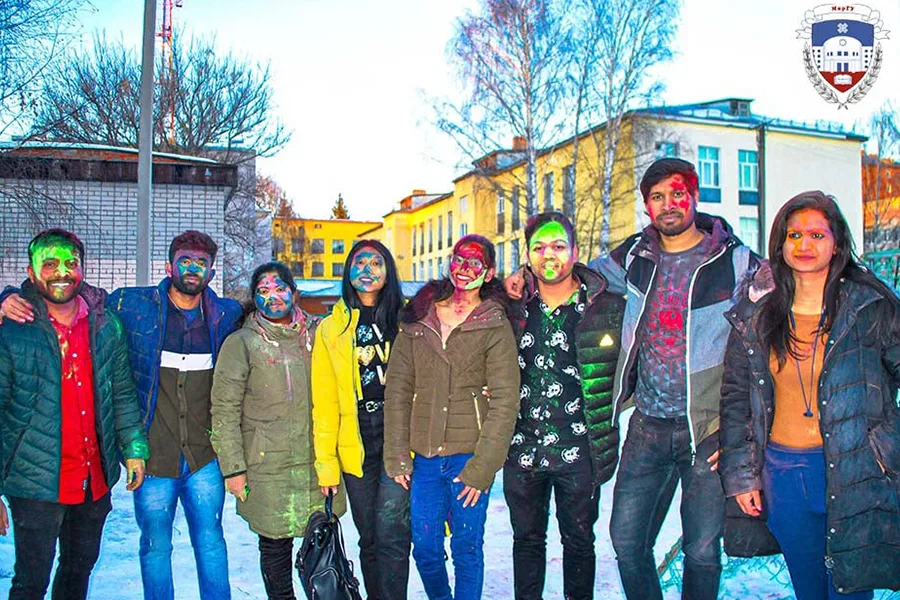
Student life at Mari State University is so varied that anyone can find something to their liking. There are scientific communities, interest clubs, sports schools, volunteer opportunities, charitable work, public service, cultural events, and as a whole, there is constant movement, development & growth, exchange of experience, and communication with students from other higher educational institutions in Russia and other nations around the world.
Every faculty and institute at the university has a student scientific society, which serves as the hub for all of them and provides access to youth forums, seminars, and conferences at the local, republican, regional, national, and international levels. This gives winners the chance to add diplomas to their resumes and gives participants the chance to interact with students from other cities while exchanging experiences.
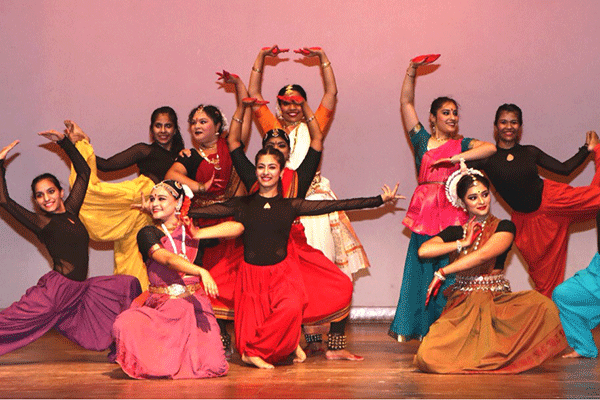
At Mari State University, you never leave your culture behind; rather, you celebrate it even more with your friends and professors. Mari State University hosts a number of events each year where students can showcase their talents and cultural heritage. The Annual Function is one of the significant occasions for such a celebration. University students participate actively and enjoy the cross-cultural interaction during the day-long event. Indian students can be seen dancing to both Bollywood songs and traditional Indian music. The event also includes a number of group competitions and contests.
Overall, the occasion is celebrated with majesty, zeal, and laughter. The celebration is eagerly anticipated by the students and teachers.
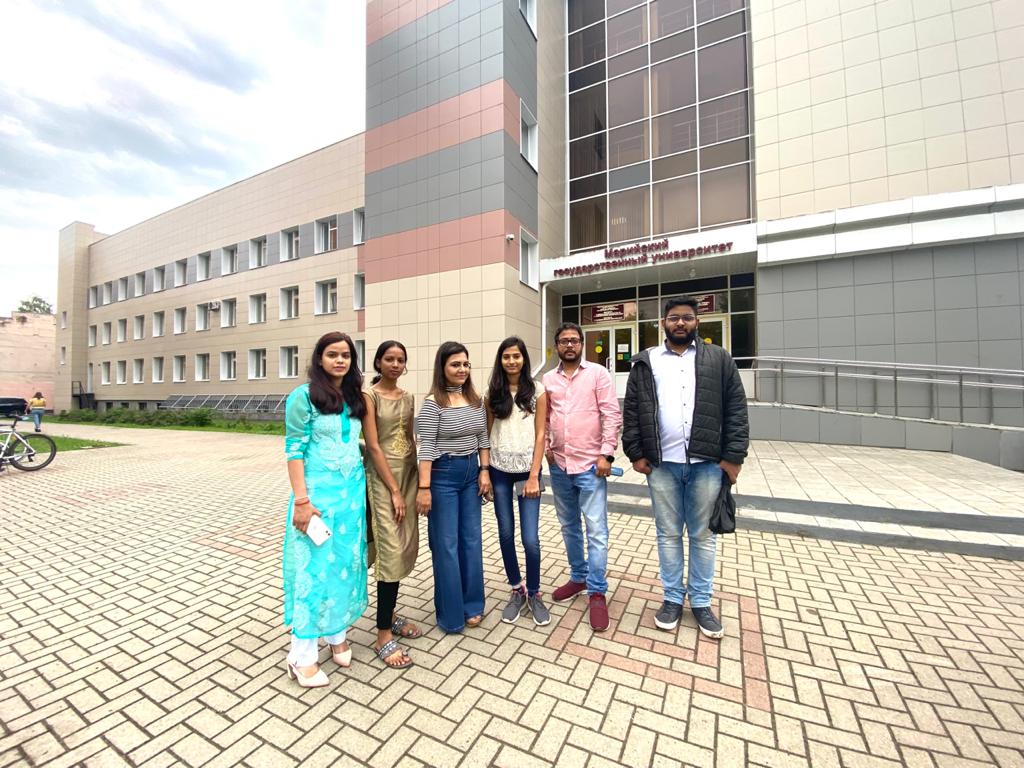
The Mari-EI Republic's capital, Yoshkar-Ola, has a population of about 250,000. Native Americans known as Mari are notable for being the last remaining official practitioners of Paganism in Russia. They are native people who came under Russian control in the 16th century, and their language and culture have persisted.
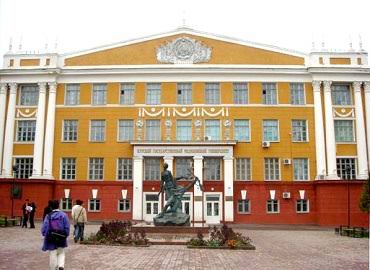
The area surrounding Yoshkar-Ola has a continental climate that is moderate. Winters in the Arctic are typically very long, bitterly cold, and snowy, with an average temperature of about minus 12 degrees Celsius. It's coldest in January and February. The average July temperature is 18.7 degrees Celsius, which is warm for the summer.
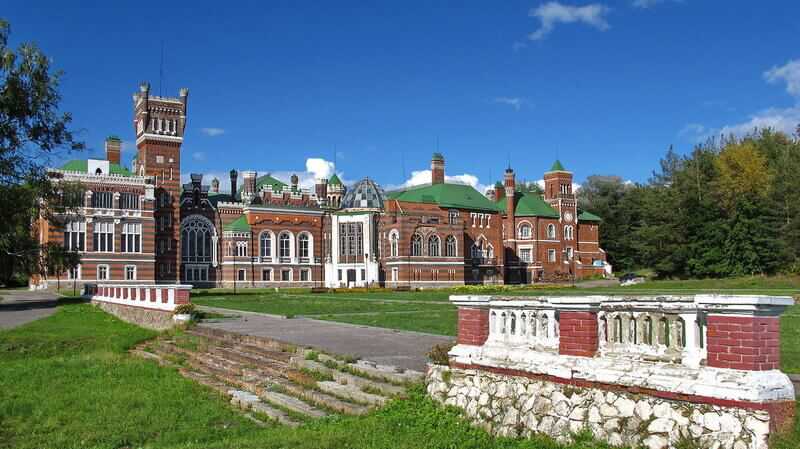
Yoshkar-Ola is connected to other Russian cities via a number of bus and rail routes. The railway station offers daily trains to Moscow, but the nearby bus station is where you'll find the other seats. About 9 km to the north of the city is where the airport is. Buses, trolleybuses, and minibuses (also referred to as "marshrutki") are examples of public transportation. The taxi service in Yoshkar-Ola is also very advanced.

Yoshkar-cultural Ola's heritage is a reflection of the city's development over time, from the early 18th century urban development to the buildings built in the middle of the 20th century.
New Needs, New Strategies
With the Ministry of Education and Science of the Republic of Mari EI, MarSU signed a cooperation agreement.
The Republican round table, "Transformation of the content of pedagogical education: strategic priorities," was held on July 1, 2021, in the "Boiling Point - Yoshkar-Oka" space for collective work.
Natalya Adamova, the minister of education and science for the Republic of Mari, Mikhail Shvetsov, vice-rectors, directors, and deans of the university, as well as representatives from the regional leadership of educational institutions, all attended the meeting. The development of the pedagogical education system, the training of personnel for psychological and pedagogical support of students in educational organisations, and teacher preparation in the context of contemporary educational policy served as the main topics of discussion.